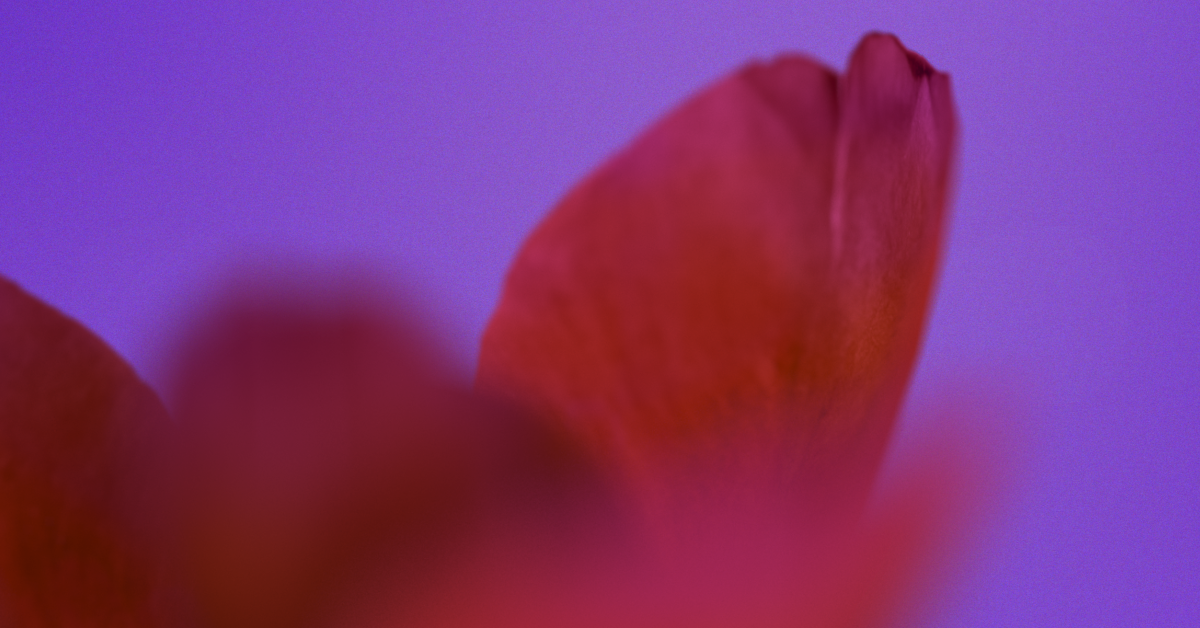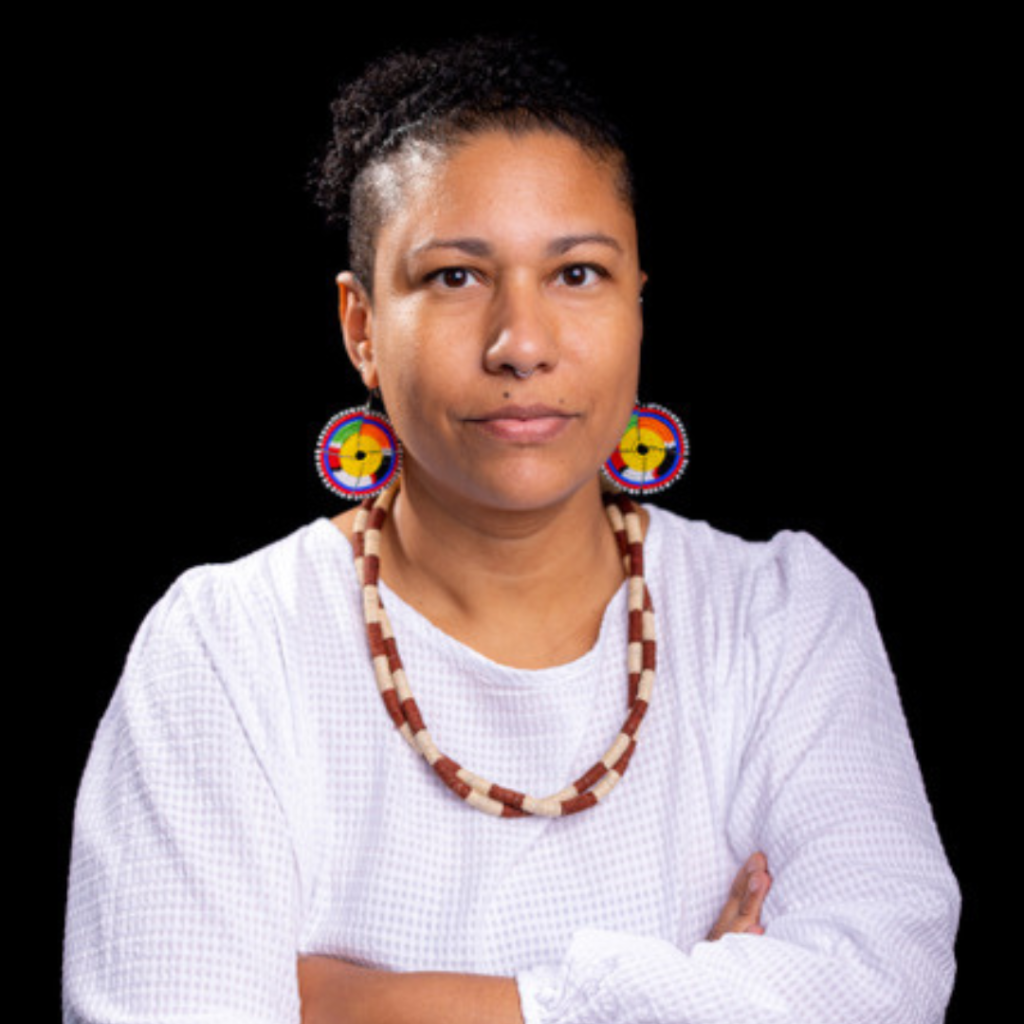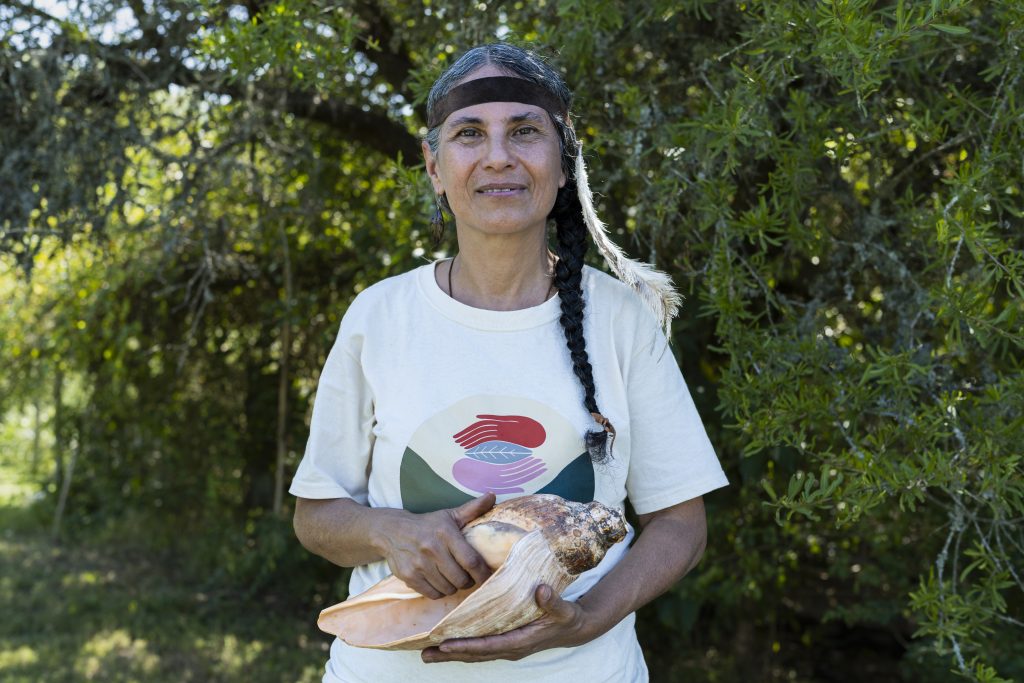Research
for the circular movement of knowledge ~ Paula do Prado and Mónica Michelena
19 July 2023
 for the circular movement of knowledge ~ Paula do Prado and Mónica Michelena
for the circular movement of knowledge ~ Paula do Prado and Mónica MichelenaIn this episode, artists Paula do Prado and Mónica Michelena share thoughts on their ancestors, the present, and the generations to come.
Podcast Version
Listen on Spotify ~ Apple Podcasts ~ Google Podcasts
Paula do Prado
Paula do Prado is an artist-researcher working with various forms of tejido/weaving. Her practice surfaces the intersections of her African Bantu-Kongo, Iberian and Charrúan ancestral heritage. Her art practice is indivisible from her cultural and spiritual practice, her family and community relationships and the nature spirits (wetlands, rivers, salt and sweet water) and ancestral tree kin she is called to work with led by Lajau (Ombú), Jacaranda and Kapok. Her work combines crochet, coiling and beading. The resultant woven forms generate their own visual language triggering a journey inward of self/ancestral reclamation. Weaving becomes a language and a space for feel-thinking/sentipensar through reclaiming identity, embodied ways of knowing and weaving new narratives. Although anchored in the personal, this exploration mirrors the collective human journey we find ourselves on to be in right-relationship with ourselves, the communities we are part of and our environment.
She holds a BFA, First Class Honours (Textiles) and a MFA (Research) from the University of New South Wales Art & Design. This year her work will be included in A Soft Touch curated by Sophia Cai at Gallery 4A part and the 5th Tamworth Textile Triennial 2023 that will tour nationally until 2025. She is currently a PhD candidate at Sydney College of the Arts, University of Sydney and a member of the Sydney Indigenous Research Network.

Mónica Michelena
Mónica Michelena is a Charrúa activist from Paysandú, Uruguay. Her mother, the granddaughter of Charrúas, always hid her indigenous origins from her for fear that she would be discriminated against, but she found out through an aunt at the age of 18. From that moment on, Mónica began a long journey of search, recovery of her roots and reunion with many Charrúa kin, with whom she is rebuilding the memory of her people for more than 30 years, a process that she calls: ‘Reassembling the great quillapí’ [1] of the Uruguayan memory’.
Her career is extensive, beginning in the 80’s, as one of the originators of the Charrúa indigenous movement in Uruguay. In the 1990s and early 2000s, she participated in the artistic group Basquadé[2], where she created songs in the Charrúa language and played roles in the production of Oyendau[3]: El grito de la Memoria (Oyendau: the scream of memory). From 2004 to the present, her process became more political, demanding recognition of the Charrúa People and their indigenous rights in the Council of the Charrúa Nation. However, she always keeps her interest in art alive, as an expression of her identity, memory and resistance.
[1] Quillapí is a protective leather cape, made of leather trims, sewn and painted collectively by charrúa women, carrying the memory of 600 generations of the charrúa people.[2] Basquadé means “get up” in charrúa language.[3] Oyendau means “memory” in charrúa- chaná language.

Watch Previous Episodes Here
Editor & Title Design: Akil Ahamat
Sound: Del Lumanta
Creative Producer: Verónica Barac-Gomez
Partners and Supporters
This project is supported by Australia Council for the Arts
This project is supported by the NSW Government through Create NSW
